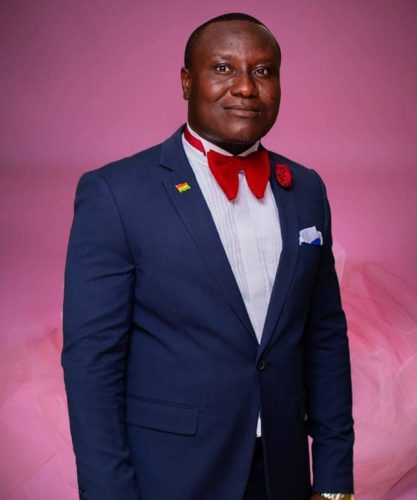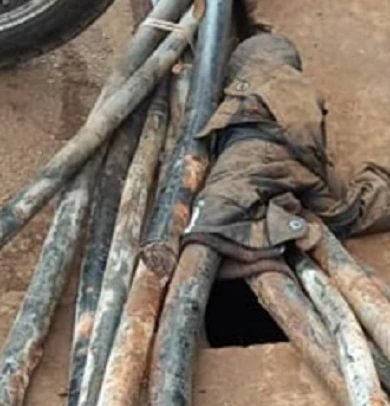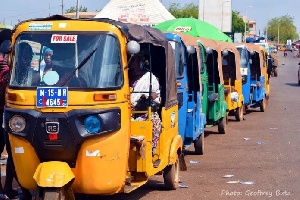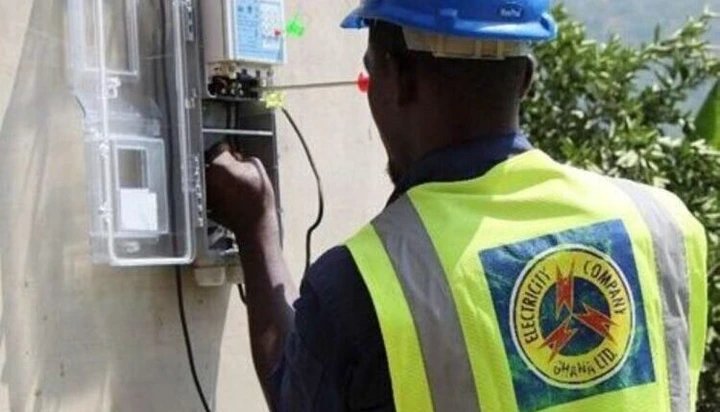MAHAMA’S 24-HOUR ECONOMY IS A BOGUS POLICY FOR THE CURRENT GHANA


Ladies and gentlemen, fellow citizens,
The idea of a 24-hour economy, as proposed by the opposition NDC, might seem appealing at first glance. However, when we critically examine the concept within the context of Ghana’s current economic landscape, it becomes evident that this policy is not only impractical but also unsustainable.

During election campaigns, political leaders often present a variety of promises and policies designed to capture the electorate’s attention and secure votes. Among these, the notion of a 24-hour economy has been positioned as a symbol of progress and development. The concept suggests an economy that never sleeps, where services are available around the clock, and businesses operate continuously to maximize productivity. While this may sound promising, the reality is far more complex, and the implementation of such a policy is fraught with challenges that make it an unviable solution for transforming Ghana.
Firstly, the success of a 24-hour economy is fundamentally dependent on the principles of demand and supply. For businesses to justify staying open around the clock, there must be sufficient customer demand to make it economically viable. If there is no demand for services at all hours, it is unreasonable to expect businesses to absorb the costs of extended operations. This includes paying workers to remain on the job, maintaining facilities, and covering utility costs during periods when there may be little to no demand.

In Ghana, as in many other countries, consumer behavior is shaped by daily life patterns. Most people engage in economic activities during the day and rest at night. Expecting businesses to operate 24 hours without corresponding demand is not only impractical but also economically unsound. It would impose an unnecessary financial burden on businesses, particularly small and medium-sized enterprises (SMEs), which form the backbone of our economy. These businesses would struggle to sustain the increased costs without matching revenue, leading to potential financial instability.
Moreover, the focus on a 24-hour economy as a major campaign message fails to address the more pressing issues facing our nation. Ghana’s economy requires policies that prioritize improving infrastructure, enhancing education, creating jobs, and fostering a conducive environment for investment. These are the true drivers of economic growth, not the superficial appeal of a round-the-clock economy.
A 24-hour economy may be feasible in highly developed, densely populated cities where there is a constant flow of activity and demand. However, in Ghana, where we face challenges such as energy supply constraints, inadequate infrastructure, and a largely agrarian economy, pushing for a 24-hour economy without addressing these fundamental issues is unrealistic and potentially harmful.
In conclusion, while the idea of a 24-hour economy might sound innovative, it is not a practical solution to the challenges we face. As voters, we must critically evaluate campaign promises and demand policies that are grounded in reality, focused on sustainable development, and tailored to our specific economic context. A 24-hour economy should not be presented as a cure-all for our nation’s challenges. Instead, we should concentrate on policies that will genuinely improve the quality of life for all Ghanaians.
Abraham Kofi Oduro-Kyeremateng (MSc, BSc, PGDPM)
Community Development Expert
Environmental and Social Safeguards Specialist





